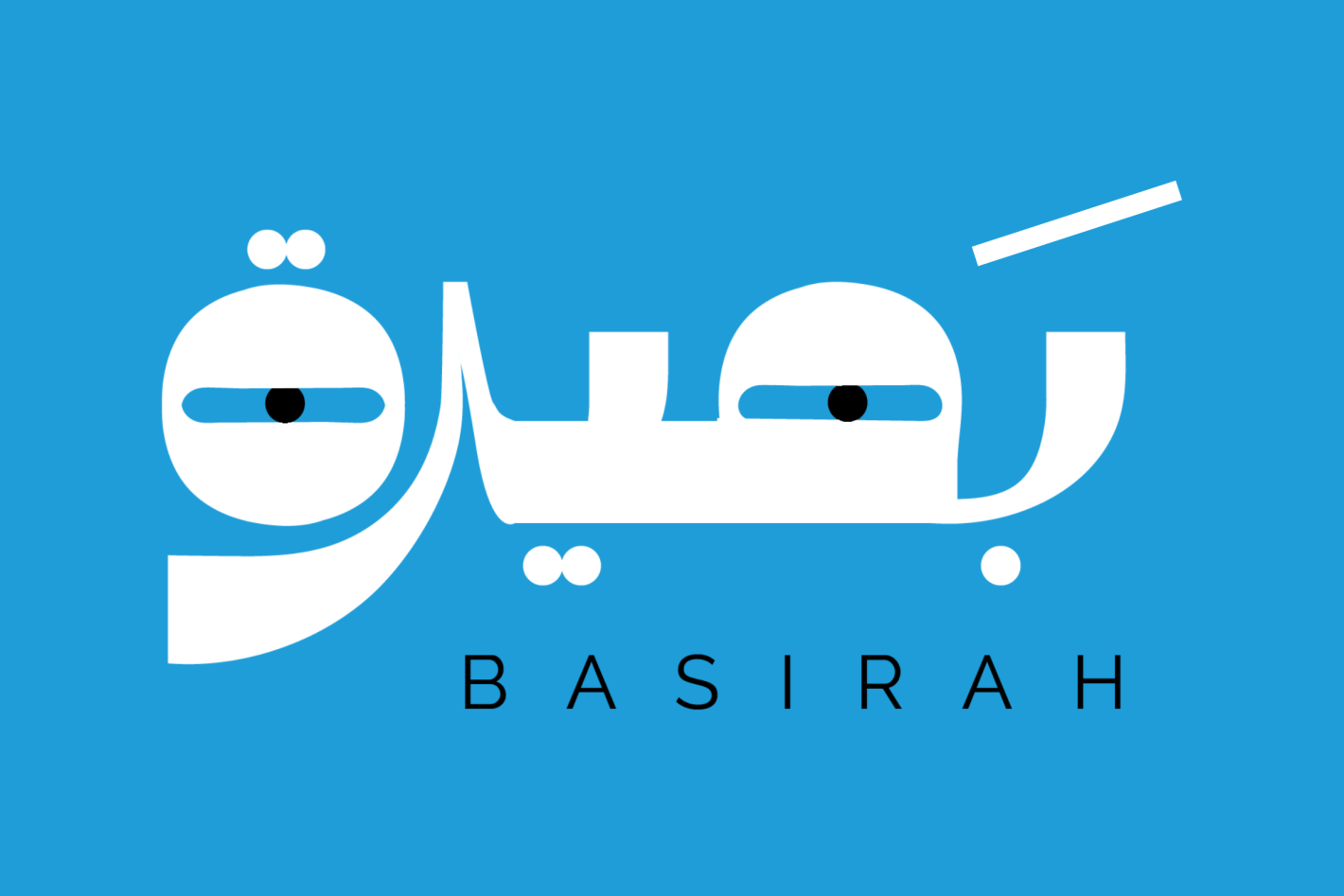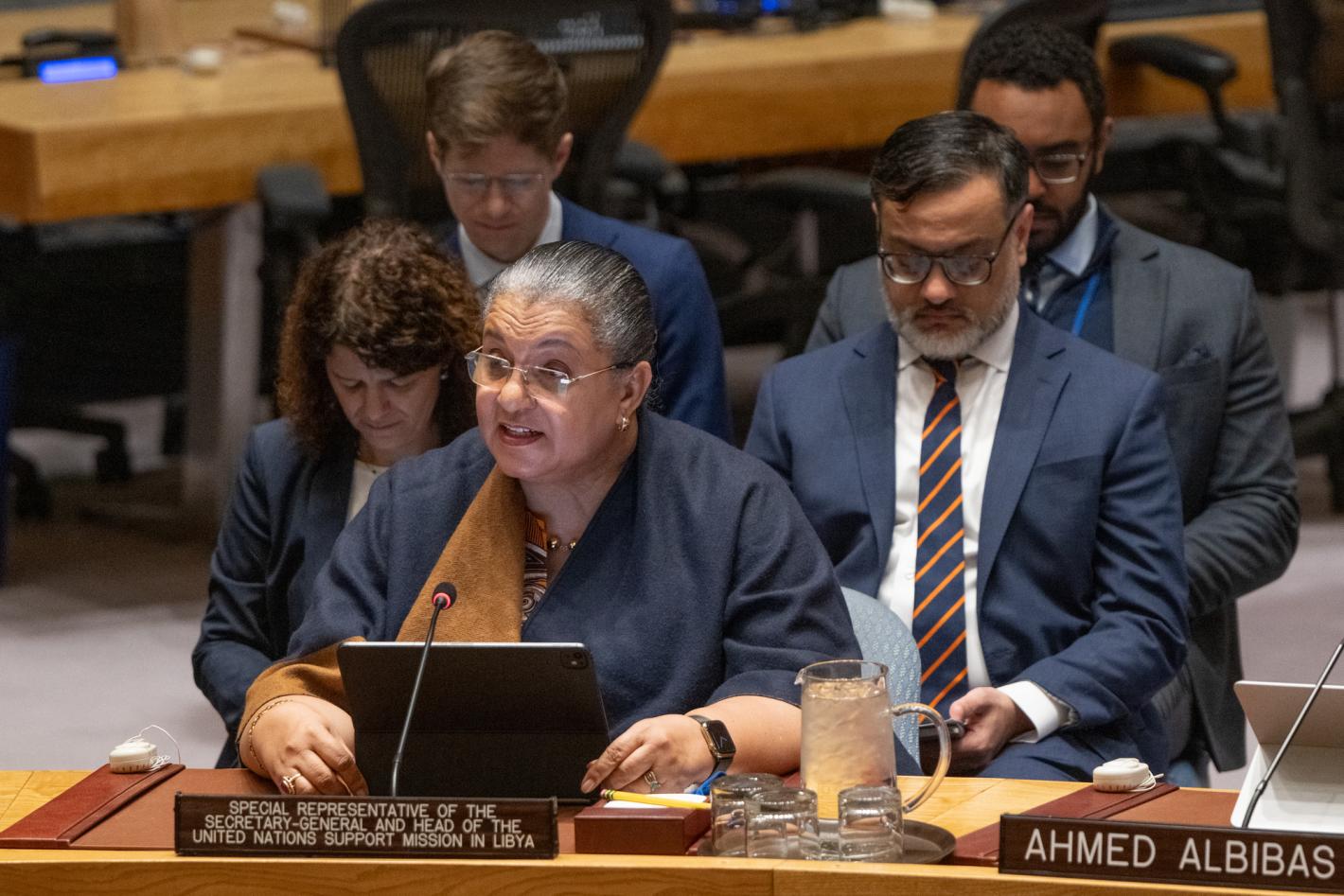TUNIS – The United Nations Support Mission in Libya (UNSMIL) organized a two-day forum with members of the 5+5 Joint Military Commission (JMC), local ceasefire monitors, and members of the security arrangements subcommittee to examine and assess the increasing proliferation of hate speech, misinformation, and incitement across traditional media and social media platforms in Libya.
The discussions focused on the harmful impact of such rhetoric on the stability of the ceasefire agreement and most importantly the social fabric of the Libyan society. Participants also explored practical measures to curb these phenomena, in line with Article 5 of the Ceasefire Agreement signed in October 2020.
In this context, UNSMIL underscores the urgent need to put an end to all forms of the current inciteful discourse in media and social platforms and to counter deliberate attempts to deepen divisions among Libyans, which threaten national unity—a unity founded on Libya’s rich cultural diversity. The Mission calls on community elders, local, and national authorities to step up efforts to de-escalate inflammatory rhetoric and address the root causes of the current tensions.
The Mission also reminds all Libyan authorities and stakeholders of UN Security Council Resolution 2755 (2024), which urges all parties to refrain from using inciteful speech, hate speech, and misinformation—practices that exacerbate divisions and undermine the political process.
Participants unanimously agreed that the prevalence of hate speech in Libya is a direct consequence of the country’s political divide, which has resulted in highly polarized media coverage.
At the conclusion of the forum, held in Tunis, the participants reached the following recommendations:
- Activate the subcommittee for monitoring mate speech in accordance with Article 5 of the ceasefire agreement. Establish a coordination mechanism with the mission, national monitoring platforms, relevant state institutions in charge with media and with social media companies.
- Ensure that relevant authorities take necessary measures within their respective mandates to curb the spread of hate speech, incitement, and misinformation rampant in national media and social media platforms. Legal accountability should be enforced, in accordance with existing laws and regulations, on individuals and entities that promote or escalate any form of incendiary discourse.
- Support local initiatives and platforms dedicated to monitoring hate speech, incitement, misinformation and disinformation.
- Strengthen the role of civil society and media in raising public awareness about the significance of the ceasefire in fostering stability and creating a conducive environment for an inclusive political process that enables the holding of national elections.






